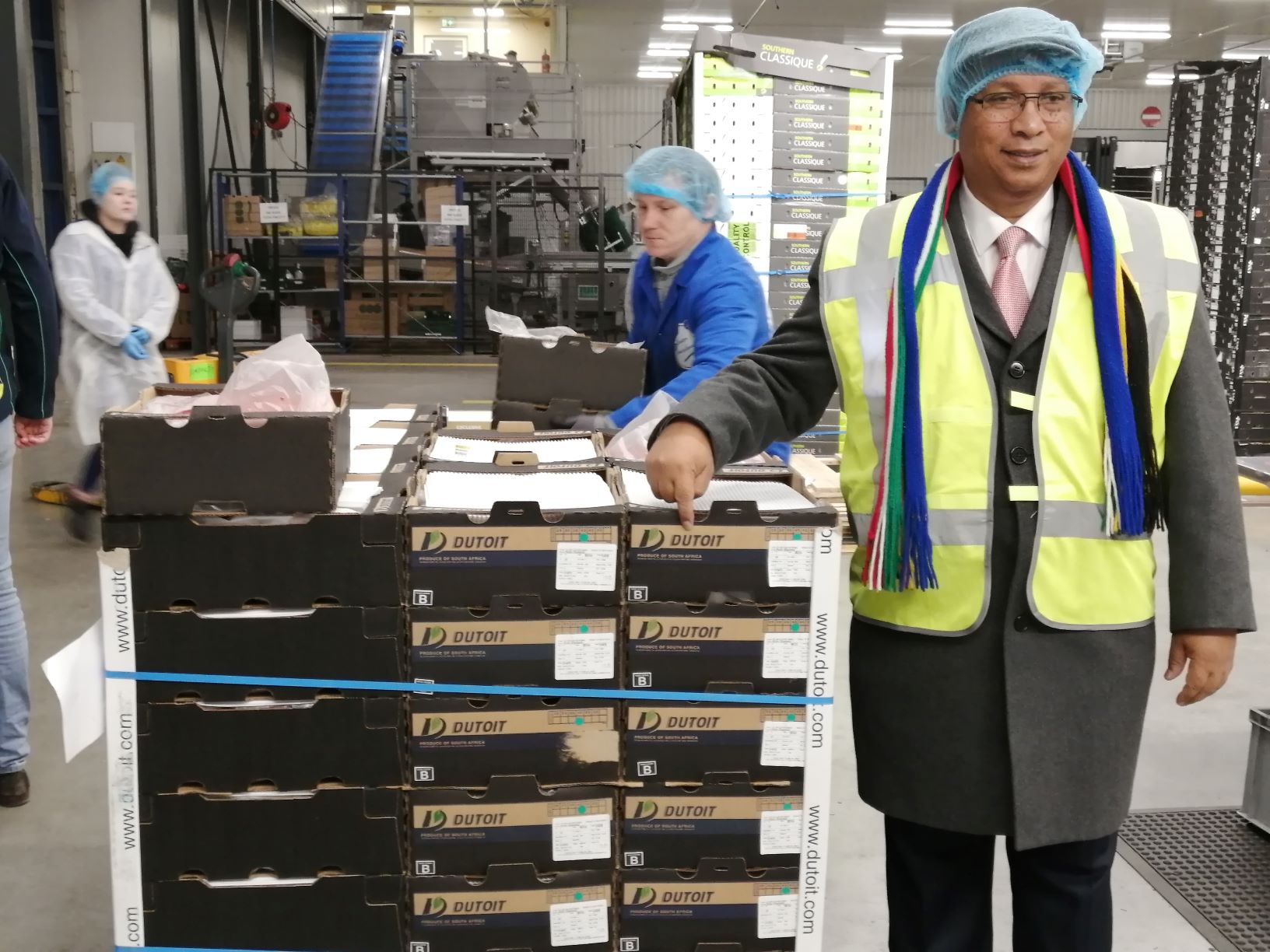
News
The PERO and MERO highlights Agriculture's competitive advantage
I am pleased to note that the recently tabled Provincial Economic Review and Outlook (PERO) and Municipal Economic Review and Outlook (MERO) highlights the Agricultural Sector’s competitive advantage.
The PERO and MERO draw insights from data and evidence-based research into the Agricultural Sector in the Western Cape.
Some of the key highlights as it relates to the Agricultural Sector are:
Agriculture was the only sector that positively contributed to the Gross Domestic Product (GDP) growth in the 2nd quarter, contributing to the resilience of the province against the COVID-19 pandemic.
The Western Cape Province has a comparative advantage in agriculture and agri-processing product to the rest of the country.
The agricultural subsectors (e.g. food, beverage and tobacco, textiles, clothing leather) form a large share of exports in the Western Cape when compared to the rest of the country.
COVID-19 lockdown measures have affected agricultural exports this year.
The most affected agricultural exports when comparing the period Jan-June of 2019 and 2020 is, Cattle fish and squid (-41%), Cane or beet sugar and chemically pure sucrose (-39%), Cider, Perry, Mead and other beverages (-35), beer made from malt (-35%).
A large share of the Western Cape exports in agriculture and agri-processed products, which constituted 40.1% of all exports from the province in 2019.
In the same period, the province’s share contribution to national exports of agriculture products was 84% for table grapes, 60% for oranges, 87% for bottled wine, 84% for apples, 79% for soft citrus, 91% for pears, 49% for lemons, 95% for bulk wine, 99% for blueberries and 56% for grapefruit.
The Agricultural Sector is expected to grow by 14.7% in 2020 and contract with 7.2% in 2021.
For 2020, the Western Cape agricultural jobs are expected to increase by 4 680, which is a 2.2% growth rate with 2019 as a baseline year.
The annual investment (Gross fixed capital formation) in the Western Cape Agricultural Sector for the period 2015 to 2019 showed a positive average contribution of 28.8 %.
The Cape Winelands District accounts for 3.2% of the sector's employment, followed by the West Coast district at 2.7% and Cape Metro region 1.7%.
The data is encouraging and clearly supports the view that Agriculture will lead to the economic recovery of the Western Cape.
The Western Cape Government believes in evidence-based practice. We will therefore use the findings of the PERO and MERO to map the path to economic recovery and create jobs and dignity for the people of the Western Cape Province.
Photos: taken earlier this year when Minister Meyer lead a group of commercial farmers on a market access tour to the Netherlands.
To download the PERO and MERO click on https://www.westerncape.gov.za/provincial-treasury/pero-mero-and-socio-economic-profiles
Daniel Johnson
Spokesperson for Minister Ivan Meyer
Tel: 079 990 4231





